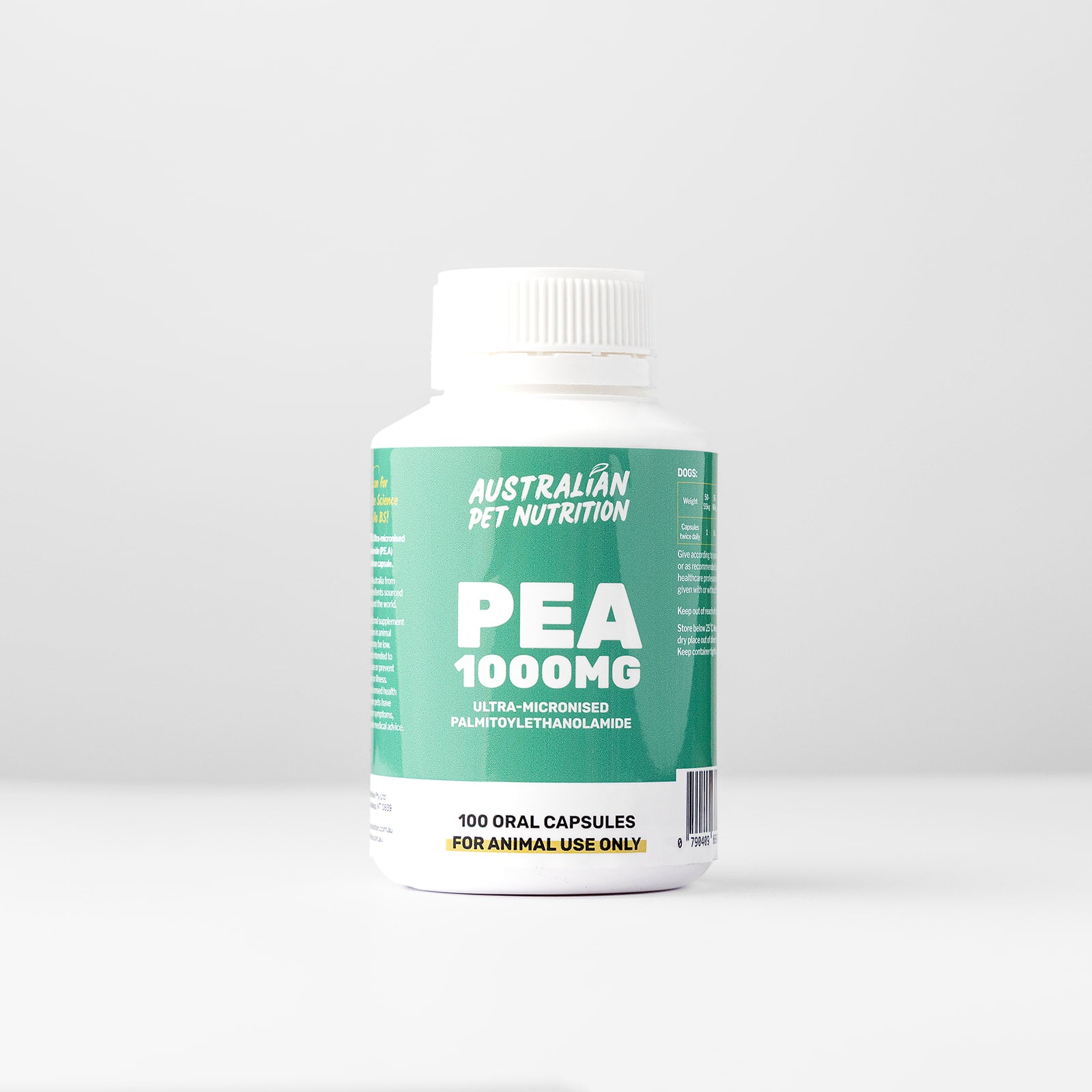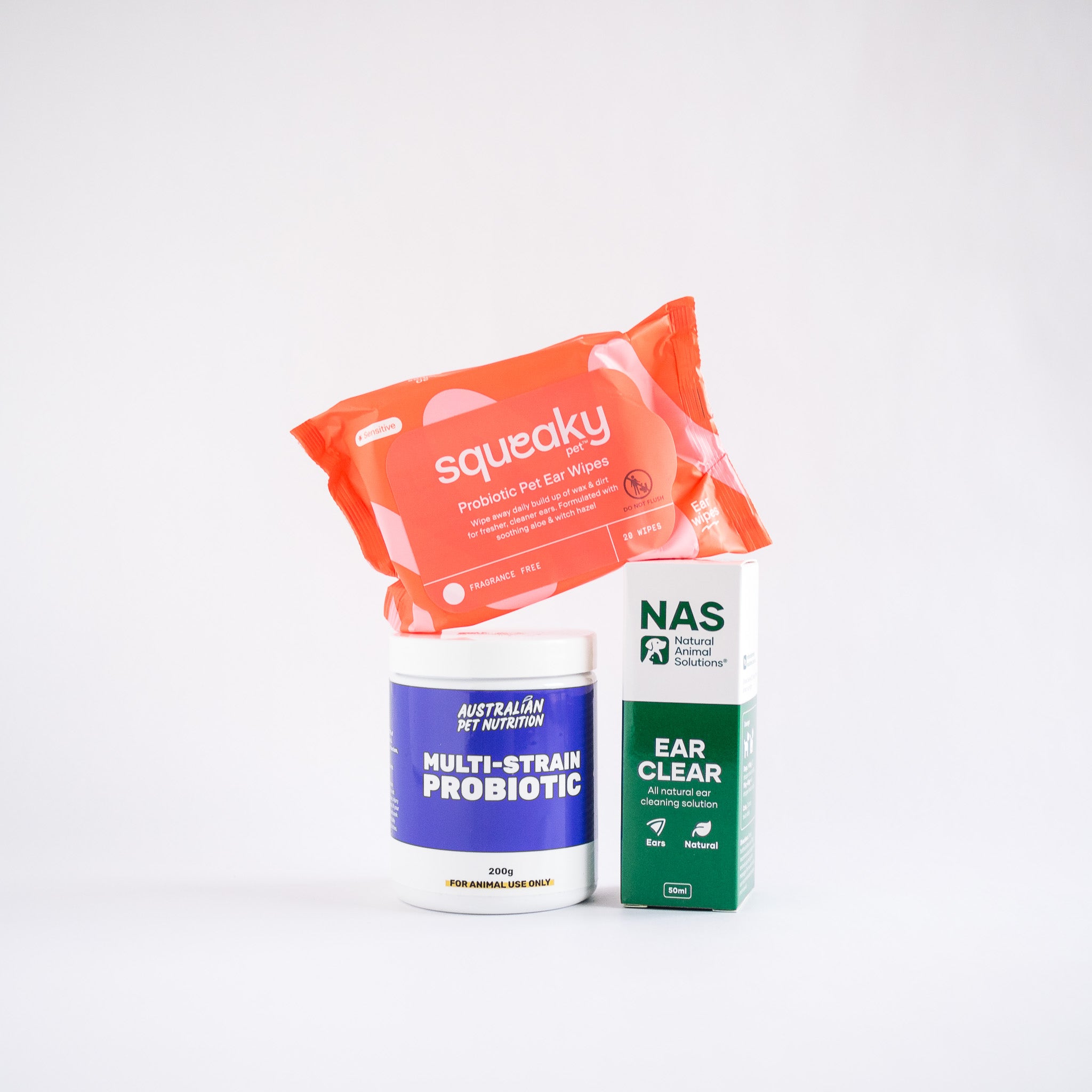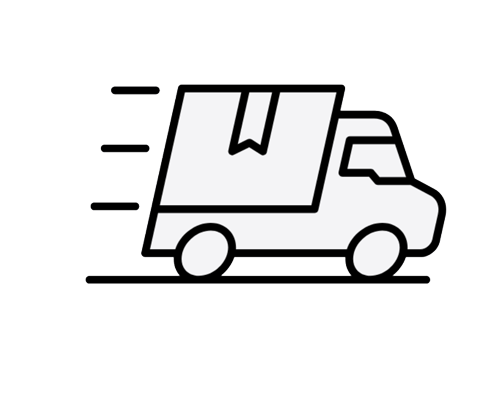Collapsing Trachea: Part 2
Managing & Treating Collapsing Trachea in Dogs
Treatment focuses on reducing airway irritation, improving quality of life, and preventing worsening. Management must be multi-pronged.
1. Environmental Management
• Avoid smoke, dust, strong perfumes, and aerosols.
• Use humidifiers to ease irritation.
• Keep dogs cool in hot weather, as heat worsens breathing distress.
• Minimise excitement and excessive barking (humanely)
2. Harnesses Instead of Collars
• Use a Y-shaped harness to prevent pressure on the throat.
• Never use neck collars to attach your lead too, especially with dogs that pull.
• Remove collars altogether. If you must have one for security at times, make sure it’s very light weight and never use it to grab onto.
3. Diet & Feeding
• If you haven’t already, switch to a nutritionally balanced fresh, whole food diet rich in antioxidants and omega-3s. Ditch the dry throat irritating, dehydrating and inflammatory kibble!
• Weight control is crucial: excess fat worsens symptoms. Switching away from carbohydrate-loaded kibble will help with this! Read our blog for help.
• If you can source, feed fresh trachea (beef/lamb/roo) as a natural source of cartilage support.
• A local raw honey or Manuka Honey can coat and soothe the throat.
• Slippery Elm Powder can soothe and line the throat. Should not be given long term, just as and when required.
4. Supplements
• McDowells Herbal Collapsing Trachea Mix – supports airway, cartilage and tissue health. Includes amongst others, key ingredient of Elecampane – helps to increase lung capacity and strengthen the lungs.
• Australian Pet Nutrition Collagen with Vitamin C – collagen helps reinforce cartilage and supports healthy connective tissues, joints, ligaments, bone and skin. Hyaluronic acid and Vit C make it bioavailable to the body.
• Ground Millet & Linseed – supports connective tissue.
• Eggshell Membrane – contains collagen, chondroitin, glucosamine and hyaluronic acid that may help strengthen the trachea and relive joint pain and stiffness, potentially reducing the coughing associated with collapsed trachea.
• Chinese Herbal Medicine – An Integrative or Holistic Vet practicing TCM will be able to assess your dog and how they are presenting, and prescribe a formulation designed for them.
• Ki Kids Cough & Cold Liquid – contains 4 natural active ingredients traditionally used in Chinese Medicine and can be used as and when needed to soothe the throat and ease coughing. I use a small syringe to gently syringe into the side of the mouth when coughing gets bad. (This one was suggested by my Integrative Vet).
5. Medications
• Cerenia (maropitant): An anti-nausea drug that helps reduce cough and airway inflammation.
• Puffer (inhalers, e.g., bronchodilators or corticosteroids): Used under veterinary guidance for airway support. Prescription through your vet and using an AeroDawg spacer. See our videos on how to introduce and train your dog to love their puffer! My dog Dustpan has 1 puff in the morning and 2 puffs before bed.
• Medicinal CBD Oil: Prescribed by a veterinarian, your dog will be assessed and an oil type chosen to best suit them. The veterinarian should give you a dosage and titration plan to follow. Can reduce inflammation, ease chronic pain associated with age and persistent coughing on the muscular system, and calm anxiety associated with coughing.
6. Therapies
• Cold Laser Therapy: May reduce inflammation and improve tissue healing. Some Integrative Vets or Rehab Practitioners have powerful Cold Laser Machines. You can also purchase a home, handheld cold laser for regular at home use. Look for a Class 3B laser only, nothing less. We purchased the wire-free Domer Laser and have been using it for several years.
• Veterinary Acupuncture – Find a qualified practitioner practising Veterinary Acupuncture and who is certified by the International Veterinary Acupuncture Society (IVAS) only. This is the preeminent body setting standards for education and certification worldwide.
• Massage: Persistent coughing can cause sore ribs and neck in particular and chronic pain and inflammation in the body generally, so gentle massage and fascia massage can help relieve these symptoms. Start slow and gentle and watch for body language cues. Massage can trigger coughing so learn the trigger points on your dogs body.
• Oxygen Therapy: Under veterinary guidance, regular oxygen therapy can really make a big difference in later stages of the condition. We have been lucky enough to purchase an oxygen machine and chamber through our vet and use it every other night which has made such an immense difference to Dustpan’s coughing now his condition has progressed. It will also be his end-of-life care plan, rather than having to hospitalise him before euthanasia at home.
7. Surgical & Advanced Options
For severe cases, tracheal stents or surgical interventions may be considered. These are usually reserved for dogs that do not respond to medical management. A specialist veterinary surgeon will be required for this surgery.
• Extraluminal tracheal rings: Placed around the trachea to prevent collapse (best for cervical trachea collapse).
• Intraluminal tracheal stents: Expandable metal stents placed inside the trachea, commonly used for intrathoracic collapse. These can dramatically improve quality of life, but may require reintervention due to stent fracture, migration, or granulation tissue formation.
8. Prognosis
• Many dogs live comfortably for years with proper management.
• Surgical or stent interventions can give rapid relief but come with risks and potential complications.
• Lifelong monitoring and treatment adjustments are typically required.
• Dogs with CT often develop heart conditions so regular monitoring of heart condition is recommended.
9. Resources
Collapsing Trachea Facebook Group - https://www.facebook.com/groups/413872886103709
Australian Integrative/Holistic Vets Directory - https://www.ahvets.com.au/locate_a_vet.php
Extensive video presentation re’ Tracheal Collapse in Dogs by Dr Chick Weisse - https://www.youtube.com/watch?v=gopUE2esQfI
Recipe: Honey & Slippery Elm Cough Syrup - https://aussiepooch.com.au/blogs/news/recipe-honey-slippery-elm-cough-syrup
📌 Takeaway from Part 2: While collapsing trachea cannot be “cured,” combining environmental adjustments, proper nutrition, supplements, medications, and therapies can help dogs live comfortably and reduce flare-ups.








